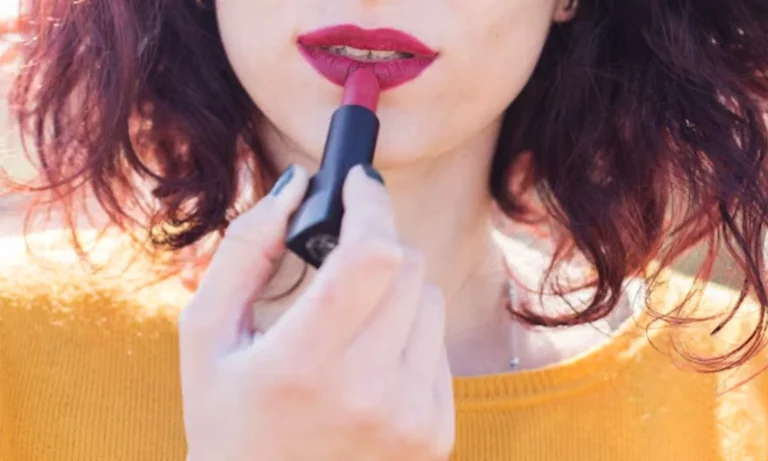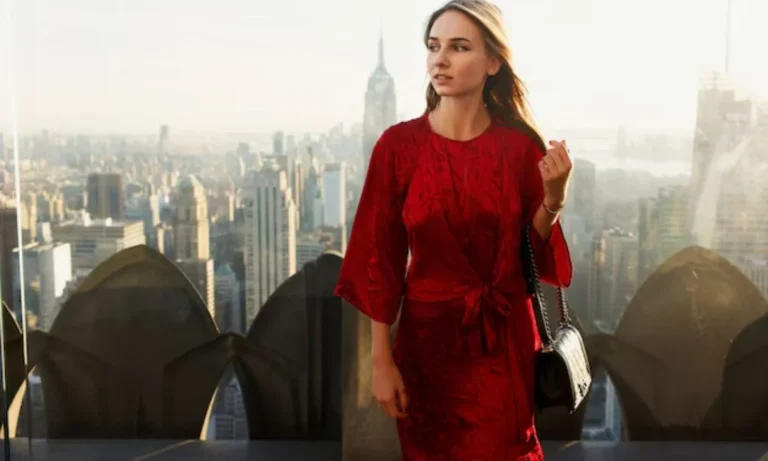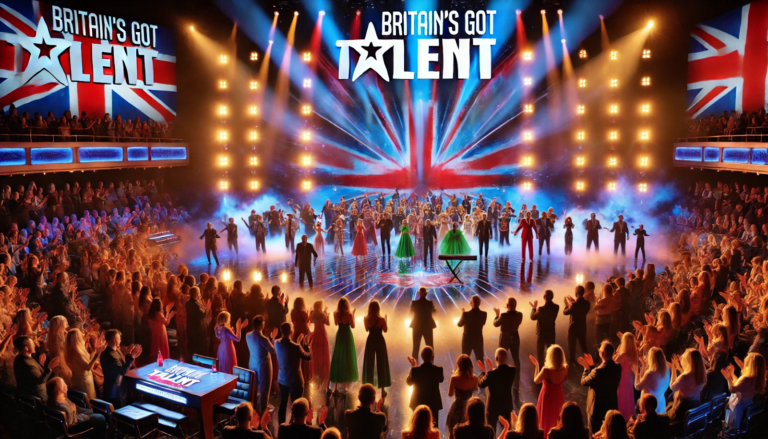
For luxury brands, certain dates and events throughout the year are crucial for maintaining their elite status. From glamorous fashion weeks to the grand reveals of new collections, these moments are pivotal in setting trends, generating excitement, and cementing the brand’s image in the high-end market. Understanding what are important dates for luxury brands allows consumers, investors, and fans of luxury to stay updated with the evolving world of opulence, ensuring they never miss a key event.
In this post, we’ll explore the most important dates for luxury brands, why they matter, and how these events influence the future of the fashion and luxury industry.
Must read Fashion and Art Shows in August 2024 Europe: An Unmissable Cultural Journey
The Role of Fashion Weeks in Defining Luxury Brands
What Are Important Dates for Luxury Brands? Fashion weeks are some of the most iconic dates for luxury brands, occurring globally in major cities like Paris, New York, London, and Milan. These events not only spotlight the creativity of top designers but also set the tone for upcoming seasons. Designers debut their latest collections, and luxury brands reveal new trends, colors, and innovations that will dominate the market.
Luxury brands often plan their year around fashion weeks. For instance, the highly anticipated Paris Fashion Week happens twice a year, showcasing Fall/Winter and Spring/Summer collections. This event gathers the crème de la crème of fashion, with high-profile guests and significant media coverage. Missing such a week could mean missing the chance to set trends.
Similarly, Milan Fashion Week is crucial for luxury brands focusing on high fashion and couture. As home to fashion giants like Gucci and Prada, Milan showcases Italian craftsmanship and creativity, solidifying its position as a luxury hub.
Annual Product Launches and Exclusive Events
Another set of important dates for luxury brands involves their highly anticipated product launches. These moments are often shrouded in secrecy until their grand reveal. Luxury brands use these launches to maintain an air of exclusivity and allure.
A significant example is the Apple Event, typically held in September. Although Apple is a tech company, its branding strategies align closely with luxury marketing. The launch of new iPhones and other gadgets becomes a must-watch event for tech-savvy luxury consumers.

Similarly, Louis Vuitton and Chanel often schedule their high-profile bag or accessory launches around specific times of the year, targeting moments when consumer attention is at its peak. These launches usually coincide with major shopping periods such as Christmas or Chinese New Year, leveraging the celebratory atmosphere to maximize sales.
Industry Awards and Global Recognition Events
Awards show and industry recognitions are also major dates on the calendar for luxury brands. For example, the Cannes Film Festival in May is not just about celebrating film; it’s also a glamorous showcase for luxury brands. Celebrities walk the red carpet wearing high-end couture and jewelry, giving brands incredible exposure.
The Met Gala, another annual event that usually takes place on the first Monday of May, is an intersection of fashion, art, and celebrity culture. With top designers creating one-of-a-kind looks for A-list celebrities, luxury brands gain significant media attention, often leading to boosted sales and brand recognition.
Luxury jewelry brands like Tiffany & Co. and Cartier also use events like the Academy Awards (Oscars) to highlight their finest pieces. The exposure that comes from these events makes them essential dates on the luxury brand calendar.
Seasonal Sales and Consumer Engagement
While many luxury brands do not traditionally engage in heavy discounting, certain seasonal sales have become important. What Are Important Dates for Luxury Brands These sales events are often strategically placed to clear out old inventory and make room for new collections.
For example, the Black Friday and Cyber Monday events have gained prominence, even in the luxury market. Though some high-end brands prefer to avoid association with heavy discounts, they do participate in more subtle ways, offering exclusive, limited-edition products or personalized experiences.
Additionally, Chinese New Year and Valentine’s Day have become significant for luxury brands, especially those targeting markets in Asia. For these events, brands often release special collections to tap into the festive spirit.

Why Haute Couture Shows Are Essential for Brand Prestige
One of the most important aspects of luxury brands is their participation in Haute Couture Fashion Shows. These events are the epitome of luxury, featuring exclusive designs that are custom-made for a select clientele. Paris Haute Couture Week, held in January and July, remains the ultimate platform for showcasing opulence, craftsmanship, and exclusivity.
Brands like Dior, Chanel, and Valentino invest significant resources into these shows because they elevate their prestige. While these designs are not intended for mass production, the halo effect from these shows boosts the brand’s desirability across all product lines, including ready-to-wear and accessories.
Important Dates for Luxury E-commerce and Digital Campaigns
What Are Important Dates for Luxury Brands? In today’s digital age, luxury brands must also focus on significant online events and digital campaigns. Days like Singles’ Day in China, celebrated on November 11, have transformed into massive online shopping events, even for luxury brands. Brands such as Burberry and Balenciaga have embraced this day to offer special collections aimed at younger, digital-first consumers.
Luxury brands also time their digital campaigns with important dates like Earth Day. Many brands, including Stella McCartney, use this day to highlight their sustainability initiatives. As eco-consciousness becomes a bigger trend, aligning with environmental dates is increasingly important for luxury brands.
Conclusion: What Are Important Dates for Luxury Brands
What Are Important Dates for Luxury Brands? In the fast-paced world of luxury brands, certain dates and events hold immense importance. Whether it’s fashion weeks, product launches, or red carpet appearances, these moments help shape the future of luxury fashion and maintain the exclusivity and allure of high-end brands. Understanding these key dates allows both consumers and industry insiders to stay informed about the latest trends and innovations in luxury. As luxury brands continue to evolve, these events will remain crucial in defining the prestige and desirability of the world’s most coveted labels.
By focusing on these pivotal What Are Important Dates for Luxury Brands, both consumers and brands can navigate the intricate world of luxury with a deeper appreciation for the strategy and precision that goes into maintaining these global powerhouses. Click here for more.

FAQs About What Are Important Dates for Luxury Brands
What is the most important fashion week for luxury brands?
The most important fashion week for luxury brands is Paris Fashion Week, as it showcases the latest trends from leading luxury designers.
Why do luxury brands time product launches around major events?
Luxury brands time product launches around major events to maximize visibility and consumer interest, often aligning with fashion weeks or holidays.
How do events like the Met Gala benefit luxury brands?
The Met Gala offers luxury brands significant media exposure, as celebrities wear exclusive designs from top fashion houses, driving brand recognition.
4. Are luxury brands involved in digital shopping events like Black Friday?
While luxury brands avoid heavy discounting, some participate in digital shopping events like Black Friday, often with exclusive products or services.
What role do Haute Couture shows play in the luxury market?
Haute Couture shows are critical for maintaining a brand’s image of exclusivity and craftsmanship, though these collections are not mass-produced.






